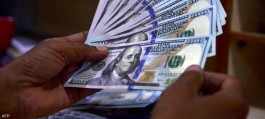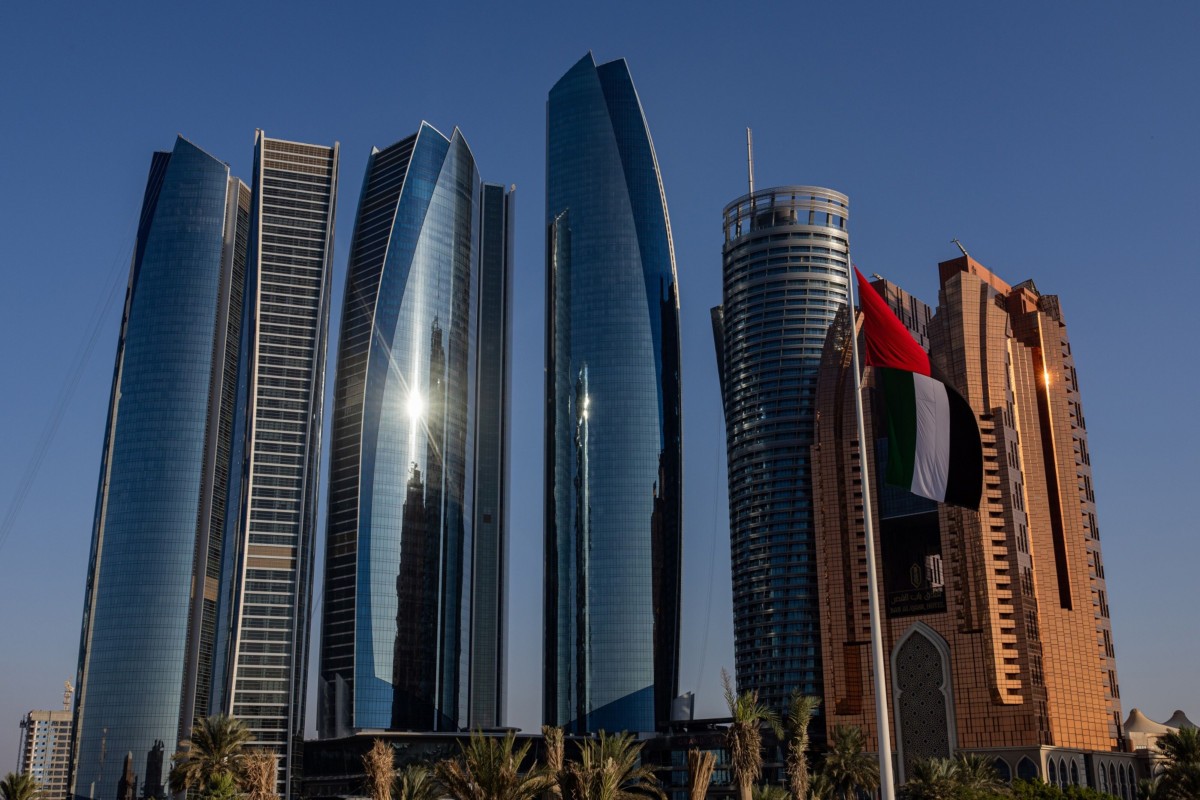The Abu Dhabi Investment Authority is offering to buy Western investors’ stakes in funds managed by Hong Kong-based PAG at a discount, the Financial Times reported.
The bid by the largest Arab sovereign wealth fund comes amid China’s stock market crisis, which has wiped out more than $6 trillion in market value from Chinese and Hong Kong stock exchanges since their peak in 2021, highlighting the difficulties Beijing faces in its efforts to stem the decline in investor confidence, especially among foreigners.
Strengthening Abu Dhabi’s portfolio in China
The offer comes shortly after the fund held preliminary discussions about potentially buying a stake in Zhuhai Wanda Commercial Management Group Co., Bloomberg reported earlier. The fund may buy shares from existing holders, it said, a move that would help the oil-rich emirate expand into greater China.
BAG and other investors own 60% of Zhuhai Wanda, while Wang owns the remaining 40% through another company. BAG invested about $2.8 billion in Zhuhai Wanda in a 2021 funding round. The mall operator was valued at less than 100 billion yuan in a December deal, less than half its valuation in a funding round three years ago.
The fund’s negotiations to bid for a stake in PCCW’s fiber unit also faltered, people familiar with the matter told Bloomberg in November, but the sovereign fund appears to be continuing to look for more opportunities in the Asian country.
Opportunities in a distressed stock market
The Abu Dhabi Authority’s bid for the stakes managed by private equity firm BAG comes as shares of a broad range of Chinese companies, particularly in the technology and real estate sectors, have recently fallen. These companies have been subject to extensive regulatory campaigns in the past two years, due to heavy debt and the withdrawal of a large number of Western investors.
The Chinese stock market crash has also hit the country’s asset management sector hard, sending fund closures to a five-year high, another sign of dented investor confidence. New foreign direct investment into China fell to a three-year low last year as companies in Hong Kong and beyond became less willing to put new money into the mainland.
Chinese officials are considering a rescue package to stabilize the slumping stock market, after previous attempts to restore investor confidence failed, prompting Premier Li Keqiang to call for strong action.
This decline may represent a golden opportunity for Middle Eastern funds to buy shares at a discounted price and benefit from the current wave of Western investors exiting them, in the hope that the Beijing government will succeed in rescuing the struggling market and returning it to an upward path later.







































